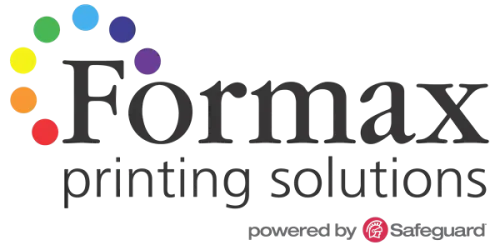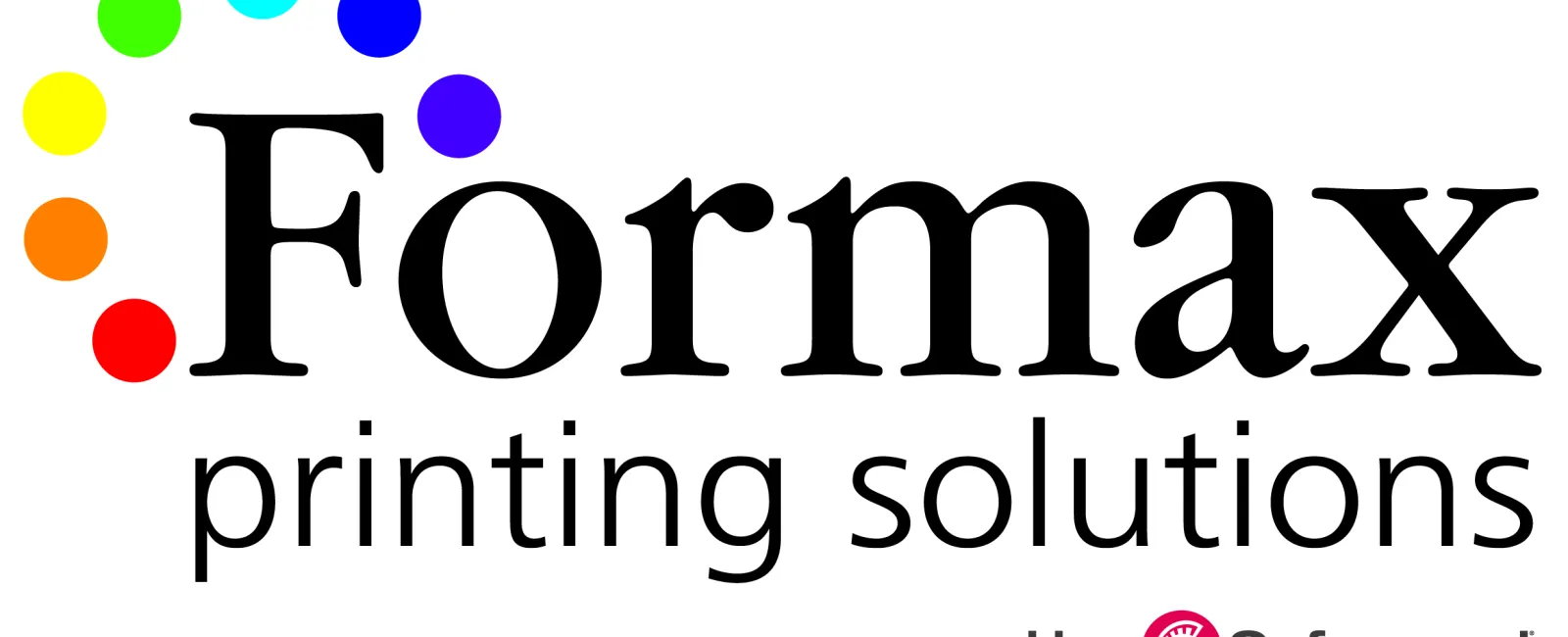What is Synthetic Paper? What Projects are Best for Synthetic Paper?
In the world of printing, there exists a remarkable innovation known as synthetic paper. As a seasoned printer, I'm here to shed light on what synthetic paper truly is and the diverse range of projects it can revolutionize.

What is Synthetic Paper?
Synthetic paper is an umbrella term encompassing an array of products that emulate the look, feel, and often the performance of traditional paper. However, what sets synthetic paper apart is its composition - it isn't derived from wood pulp but is crafted from synthetic polymers, offering a wealth of additional material properties.
These synthetic fibers, or man-made petrochemicals, form the backbone of synthetic paper. The primary materials in its composition are biaxially oriented polypropylene (BOPP) or high-density polyethylene (HDPE). Through innovative manufacturing processes, synthetic paper is transformed into a material that exhibits characteristics akin to standard paper.
Why Choose Synthetic Paper?
Now, you might be wondering: why opt for synthetic paper over traditional paper? Well, the answer lies in its impressive set of attributes. Synthetic paper is engineered for long-term durability, boasting tear resistance, chemical resistance, and water resistance that outperforms traditional paper. Additionally, it offers ease of printability, making it a versatile choice for various printing projects.
Synthetic Paper Applications & Uses
So, where does synthetic paper find its niche in the world of printing? The possibilities are abundant. Some of the most common applications include:
1.Labels: Synthetic papers are widely used for food and household product labeling, pharmaceutical labels, and more.
2.Identification Cards: They are an excellent choice for producing ID cards and passports, ensuring longevity and security.
3. Weatherproof Signage: Synthetic paper's weatherproof properties make it ideal for outdoor signage exposed to sun, wind, and rain.
4. Water-Friendly Products: Its exceptional water-resistance makes it perfect for applications like scuba diving course materials or water-resistant plant tags.
5. Tear-Resistant Items: Items that undergo constant use and pressure, such as runner's bibs and restaurant menus, benefit from synthetic paper's durability.
6. Digital Printability: Synthetic paper seamlessly runs through commercial digital presses, allowing for quick turnarounds and impeccable color matching, which customers will appreciate.
Choosing the Right Synthetic Paper
Today, a diverse array of synthetic paper products exists, each tailored to specific needs and preferences. These variations can be attributed to factors like print technology, biodegradability, heat resistance, and suitability for food contact. To select the perfect synthetic paper, it's essential to first identify your intended use.
Synthetic Paper Frequently Asked Questions:
Is synthetic paper plastic?
Synthetic paper is manufactured employing synthetic resin derived from petroleum as the main material. Hence it has properties analogous to the plastic film. Its look is close to that of paper produced from wood pulp. Also, several synthetic papers have properties just like those of regular paper.
What are the different types of synthetic paper?
Film method synthetic paper. (1) Internal Paper-manufacturing Method. ...
Fiber Synthetic Paper. (1) Synthetic Pulp Paper. ...
Film-Laminate Synthetic Paper.
Do I need to laminate synthetic paper?
Synthetic paper is constructed to be waterproof and tear-resistant, while laminating is performed after the printing processand will break down over time through delamination and moisture seeping beneath the laminate layer. Synthetic paper has a longer service life for printed products.
Is synthetic the same as plastic?
Plastic can either be 'synthetic' or 'biobased'. Synthetic plastics are derived from crude oil, natural gas or coal. Whilst biobased plastics come from renewable products such as carbohydrates, starch, vegetable fats and oils, bacteria and other biological substances.
What are the three types of synthetic?
Rayon.
Nylon.
Polyester.
Acrylic.
Ready to print a synthetic paper project? If you'd like to learn more about synthetic paper and its uses, give Formax a call at 866-367-6221. Or, if you already know your specs, submit our easy quote request form.
Take care! Rick




